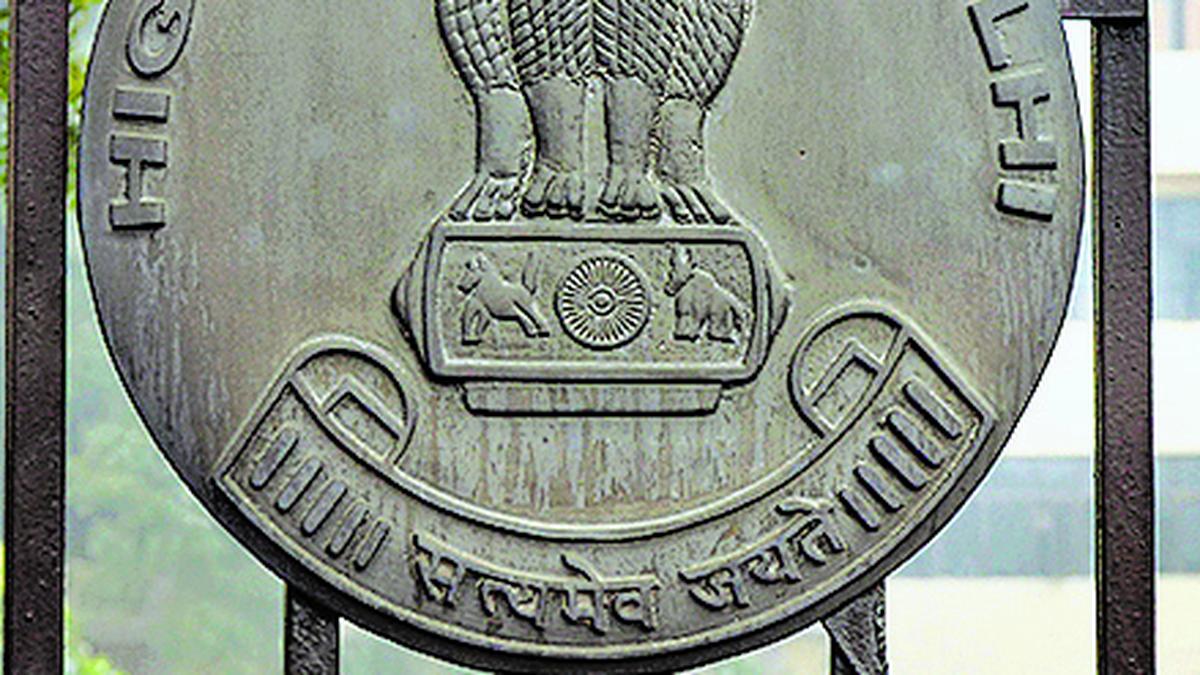The Delhi High Court has observed that the purpose of the Human Rights Act and the reasons for its enactment would be nullified if the National Human Rights Commission (NHRC) is rendered powerless and held to be “mere recommendatory bodies”.
“Human Rights Commissions are not to be ‘toothless tigers’ but have to be ‘fierce defenders’ safeguarding the most basic right of humans i.e., the right to live without fear and to live with dignity,” a bench of Justice Prathiba M. Singh and Justice Amit Sharma remarked in its January 28 judgment.
The court said the recommendations of the Commission are “binding in nature”. The government, however, is not without remedy and can always seek judicial review of the recommendations, it added.
The court was hearing a petition filed by the parents of a man, who was killed in an alleged fake encounter by the Special Cell of the Delhi Police in 2006, seeking a CBI enquiry and enforcement of NHRC’s order granting compensation of ₹5 lakhs to the legal heirs of the deceased.
The case relates to an alleged fake encounter by the Special Cell of the Delhi Police that took place on the night of May 5, 2006, where five members of the Ayub/Aslam gang died and the 6th member is stated to have escaped into the darkness.
The police had said that the gang was involved in more than 70 cases of murder, attempt to murder, dacoity, robbery, rape etc. The name of the five members are Ayub, Sanjay, Shehzad/Babu, Aslam and Manoj.
Mr. Kiran Singh, father of Late Manoj, moved the court saying that his son used to run a provision store called, which is now being run by him. Mr Singh claimed that his son did not have prior criminal antecedents. He was made accused in two FIRs and in both these cases he was acquitted.
The deceased Manoj, was 31 years of age in the year 2006 and is now survived by his wife and two daughters as also his parents. Mr Singh stated that Manoj’s wife had abandoned the family sometime in the year 2008 and his two daughters have been brought up by their paternal grandparents i.e., dada (Petitioner) and dadi.
The NHRC though initially directed a CBI inquiry into the matter, however, later on February 5, 2014, directed payment of compensation of ₹5 lakhs each to the next of kin of the deceased.
Mr. Singh argued that no CBI inquiry has been conducted till date and neither compensation has been given to the legal heirs of the deceased person, as directed by the NHRC.
The court said that an inquiry by CBI “is not warranted in the present case” but ordered that the compensation amount be paid to the legal heirs. It noted that the decision to give compensation has not been challenged by the Home Ministry “for all these years”.
“Having held that the recommendations of the Human Rights Commission would be binding in nature, this Court is of the opinion that the compensation, as awarded, deserves to be paid,” the court said.
Published – January 30, 2025 12:37 pm IST
